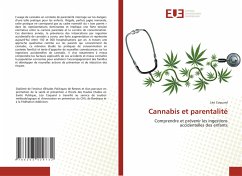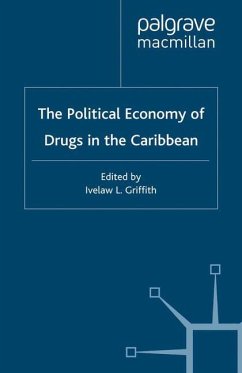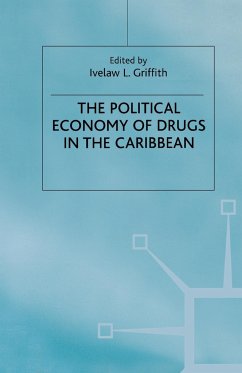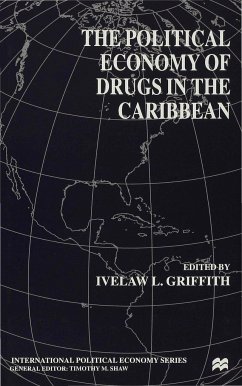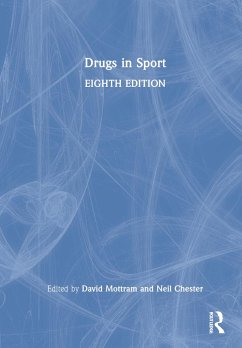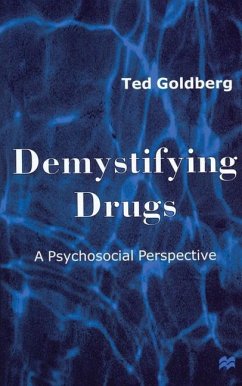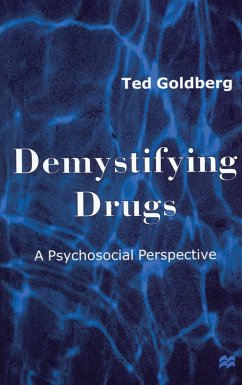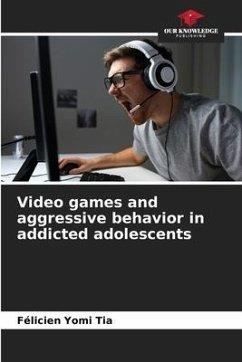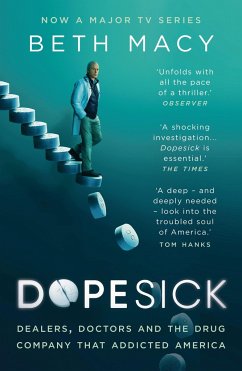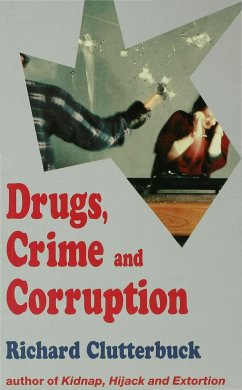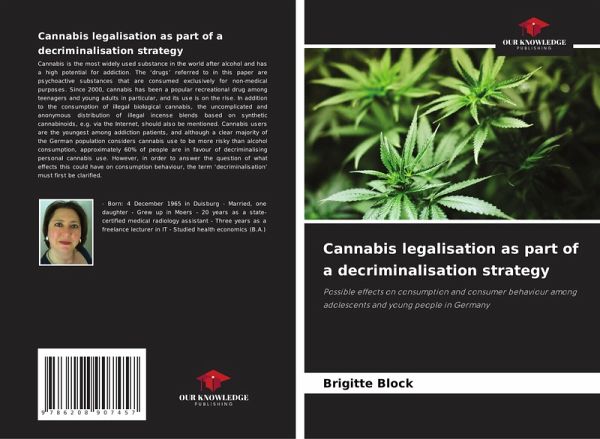
Cannabis legalisation as part of a decriminalisation strategy
Possible effects on consumption and consumer behaviour among adolescents and young people in Germany
Versandkostenfrei!
Versandfertig in 6-10 Tagen
29,99 €
inkl. MwSt.

PAYBACK Punkte
15 °P sammeln!
Cannabis is the most widely used substance in the world after alcohol and has a high potential for addiction. The 'drugs' referred to in this paper are psychoactive substances that are consumed exclusively for non-medical purposes. Since 2000, cannabis has been a popular recreational drug among teenagers and young adults in particular, and its use is on the rise. In addition to the consumption of illegal biological cannabis, the uncomplicated and anonymous distribution of illegal incense blends based on synthetic cannabinoids, e.g. via the Internet, should also be mentioned. Cannabis users are...
Cannabis is the most widely used substance in the world after alcohol and has a high potential for addiction. The 'drugs' referred to in this paper are psychoactive substances that are consumed exclusively for non-medical purposes. Since 2000, cannabis has been a popular recreational drug among teenagers and young adults in particular, and its use is on the rise. In addition to the consumption of illegal biological cannabis, the uncomplicated and anonymous distribution of illegal incense blends based on synthetic cannabinoids, e.g. via the Internet, should also be mentioned. Cannabis users are the youngest among addiction patients, and although a clear majority of the German population considers cannabis use to be more risky than alcohol consumption, approximately 60% of people are in favour of decriminalising personal cannabis use. However, in order to answer the question of what effects this could have on consumption behaviour, the term 'decriminalisation' must first be clarified.



